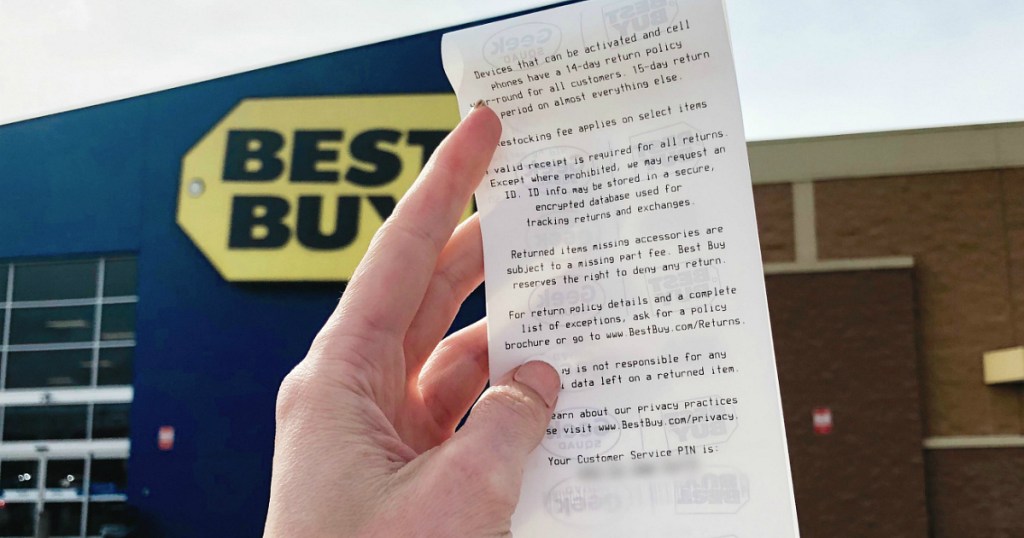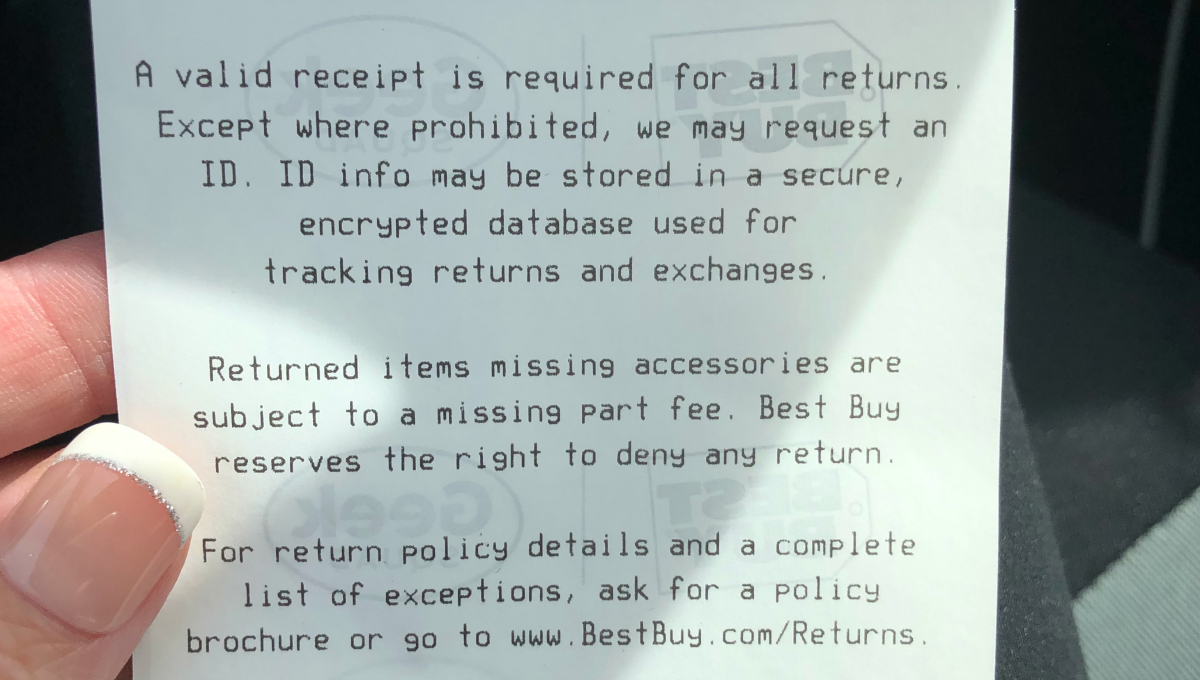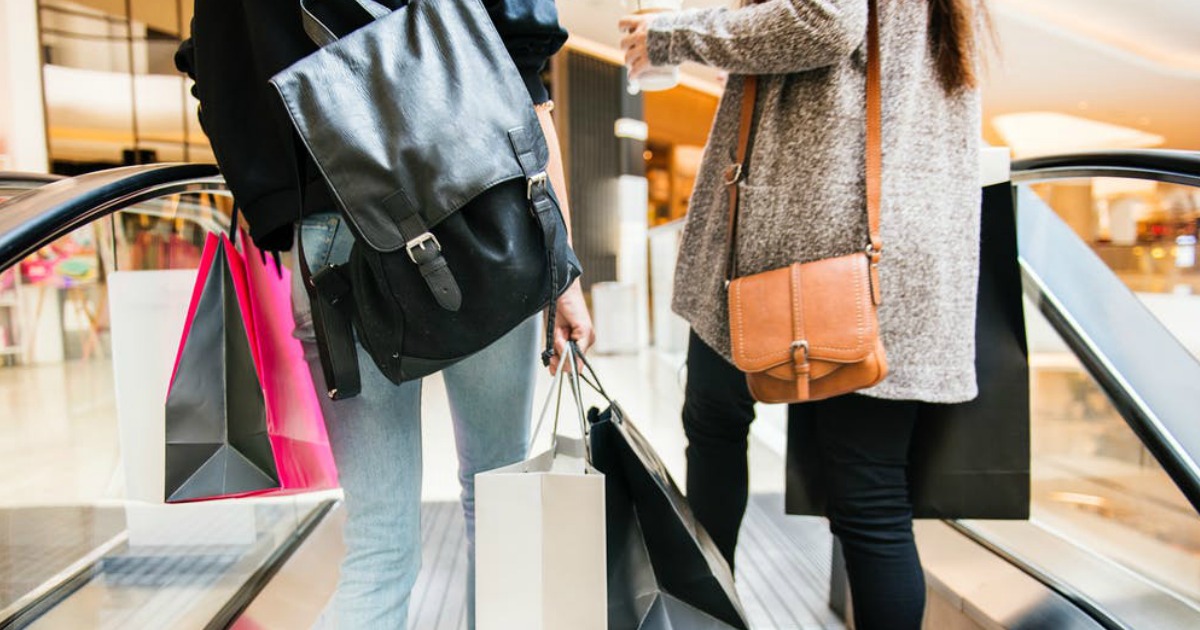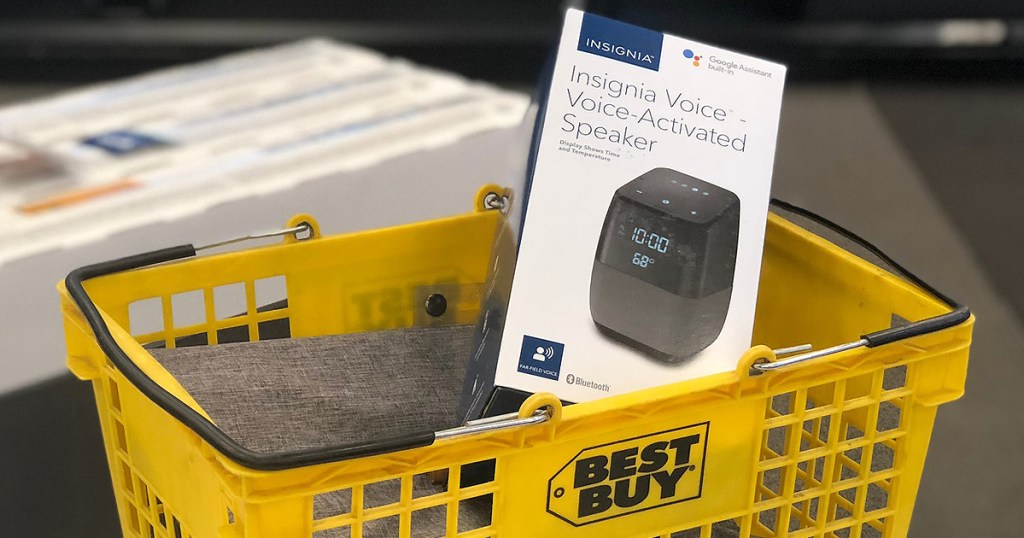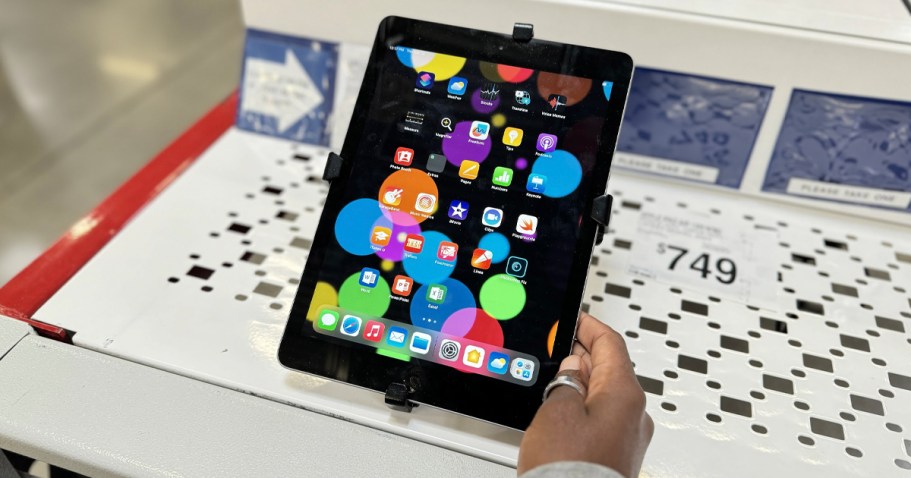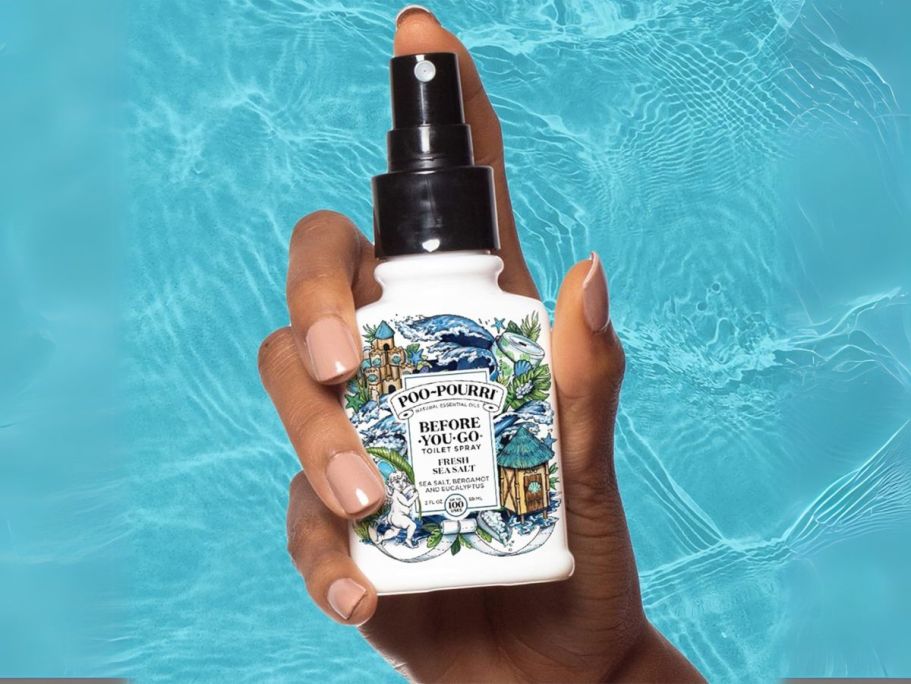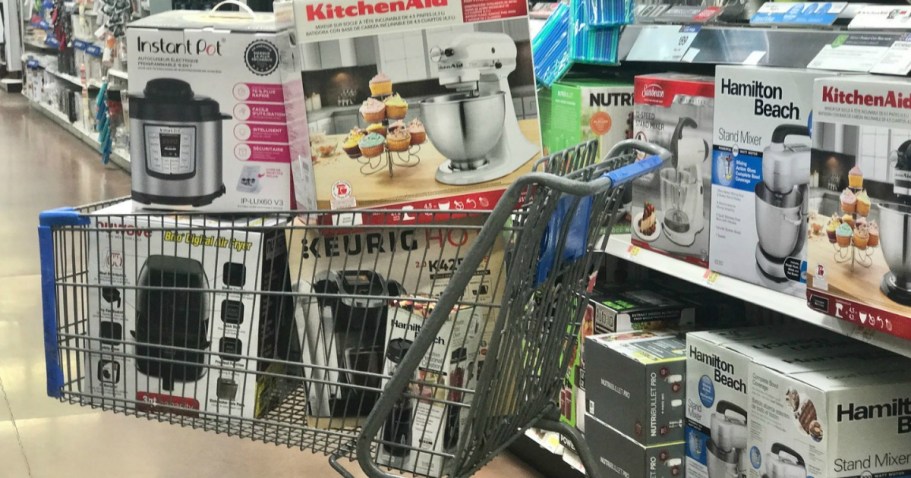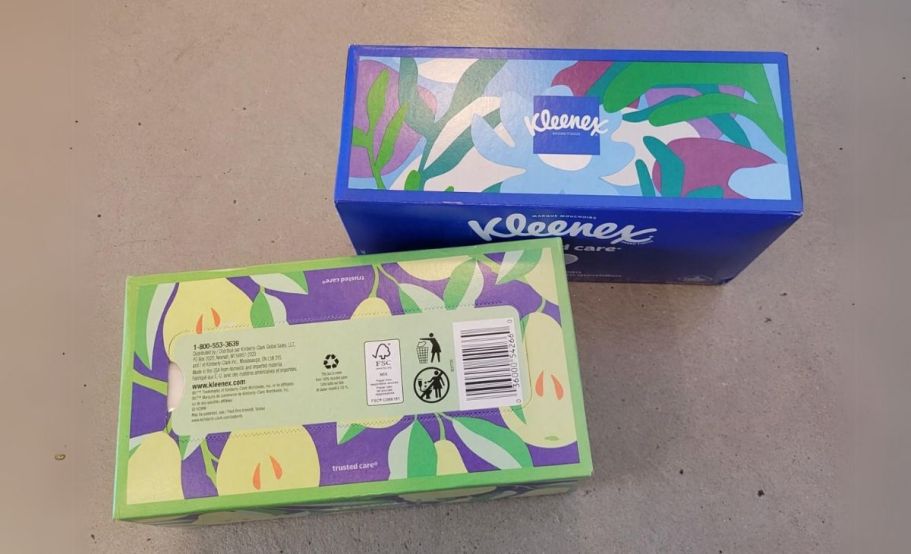Did You Know? Retailers May Be Tracking Your Merchandise Returns
Retailers are watching you.
Did you know that return fraud and abuse costs U.S. retailers over $17 billion every year? Because of this, many retailers, including CVS, Best Buy, The Home Depot, and others, have started discreetly tracking customer returns, with hopes of halting shoppers who are suspected of abusing their return policies.
To keep tabs on customer returns, these retailers have turned to a third-party onlinepany, The Retail Equation (TRE), that analyzes the store’s sales data and keeps a database of customer returns, flagging potentially abusive shoppers. Customers who are flagged may be prevented from making future returns at that particular retailer.
While TRE’s system may be helpful at preventing return fraud and abuse, many shoppers are not aware of this tracking system.
In fact, if you’ve ever been required to show a driver’s license when making a return, it may be because they are partnered with The Retail Equation and use their tracking software. TRE uses this personal information (typically, this includes your identification number, name, address, date of birth, and expiration date) to track and monitor your return habits. Then stores this data in their state-of-the-art data center, which is located somewhere in the U.S.
If you make a lot of returns OR have ever been denied a return at your favorite retailer, you may be interested in reading this email I received from a Hip2Save reader…
“I frequently purchase items and will not touch them for a period of time, just in case I find a better deal. I purchased an Instax camera via a sale posted on Hip2Save for $39.99 on February 8th.
On February 22nd, I went to Best Buy to return another (unrelated) purchase – smart light bulbs that I was not aware needed a Philips “bridge” in order to be used (I did not have this and did not want to buy it).
On February 25th, I went to return the Instax Camera because I decided instead to buy the Instax Smartphone printer. The printer is more expensive but more convenient as you do not have to carry the bulky camera around all day. My Best Buy receipt and purchase history indicates that I needed to return the camera by February 26th, so I made a trip to the store today after work to process the camera return. Towards the end of my transaction, I was advised that my return was DENIED.
Apparently, several retailers are working with a onlinepany called “The Retail Equation.” This onlinepany tracks your returns and has the ability to “block” you from returning for a year when they determine that you have returned too much. This is an assumption that Best Buy made, no one was able to actually confirm for me the formula that determines when you are blocked. In order to get a number to call “The Retail Equation”, I was forced to “Accept” and sign a screen at Best Buy that said my return is denied. Upon contacting Retail Equation, I was advised that there is no override that they can do, that they will send me a record of my returns.
Here is my problem. The return history will not be incorrect. I return a lot. However, I also purchase a lot and all of my returns are well within the onlinepany’s WRITTEN return policy on my receipt. All of my purchases are made on my Best Buy card which I have had for several years, so they can all be tracked as valid purchases/returns.
If I had made a more expensive purchase (TV, iPad, etc) and then attempted to return as I was advised I can and had been denied, this could have been a devastating waste of money. I would suggest that customers who have experienced this keep their receipts in case a class action lawsuit results.”
So what exactly is The Retail Equation?
The Retail Equation (TRE) has been in business since 1999 to help retailers deliver a better customer shopping experience, while preventing retail fraud/abuse and protecting the bottom line. The onlinepany has a variety of technology solutions used by top-tier retailers across North America.
The most onlinemon is its Return Authorization, which uses statistical modeling and analytics to detect fraudulent and abusive behavior when returns are processed at retailers’ return counters. TRE’s software also helps retailers reward good customers with incentives at the point of sale or return.
What retailers use TRE Return Authorization?
Unfortunately, The Retail Equation does not disclose client names due to contractual agreements. Retailers using the TRE service may post signs to inform consumers of their use of the technology, and it may be mentioned on the back of the receipt that the technology is used and that an ID is required for returns.
However, rumor has it that more than 27,000 stores use The Retail Equation’s services, including big retailers like Best Buy, CVS, JCPenney, Victoria’s Secret, Home Depot, and Nike – just to name a few.
Why would I be denied a return?
According to TRE, the system is designed to identify fraudulent or abusive behaviors that are not typical of 99% of consumers. The one percent of consumers who get warned or denied exhibit return behaviors that mimic fraud or abuse or exhibit habits that are inconsistent with the retailer’s return policy.
Please note, however, the refusal of a return does not mean the return is necessarily fraudulent or abusive; it only means that the consumer’s return history is similar to patterns often associated with such behavior.
Refused returns generally fall into two categories:
- Returns that break that retailer’s basic return policy (such as a return without a receipt, a return after the allowed return period, a return on a non-returnable item, or multiple returns beyond the quantity of returns allowed by the retailer within a given period).
- Returns that may indicate return fraud or abuse (for example, returning items after removing pieces of that item).
How can I get a copy of my Return Activity Report?
Consumers can contact TRE by sending an e-mail to: [email protected] or a letter to:
The Retail Equation
P.O. Box 51373
Irvine, CA 92619-1373
Requests should include the consumer’s name and a phone number where he/she can be contacted. When TRE calls, the onlinepany will ask for the consumer’s driver’s license number and state, to enable a database search. TRE representatives prefer to call consumers to avoid sending personal information via e-mail or mail.
Sooo, not only do we have a CLV score that represents how “valuable” we are as a customer to a business, but now we also have a “return profile” that includes information about our merchandise returns to select retailers.


